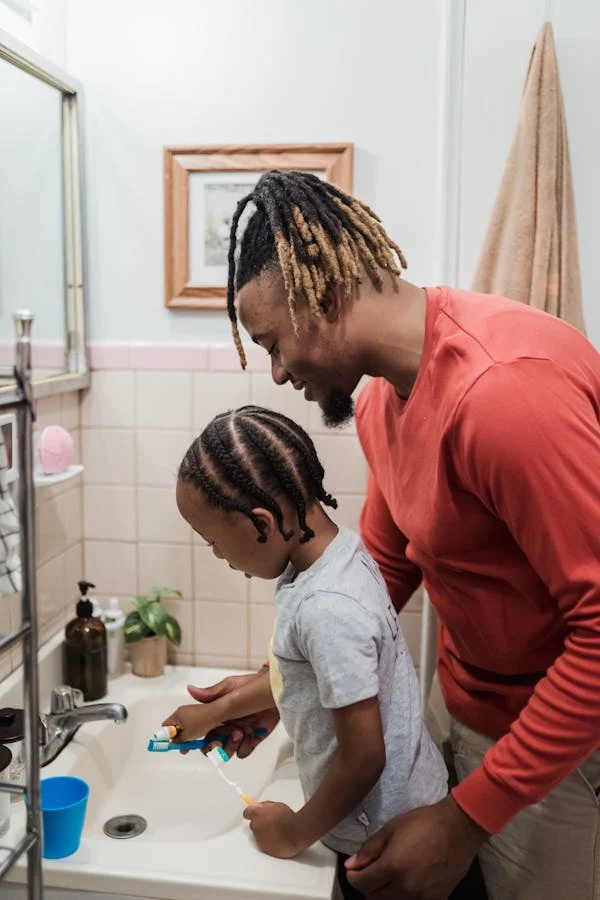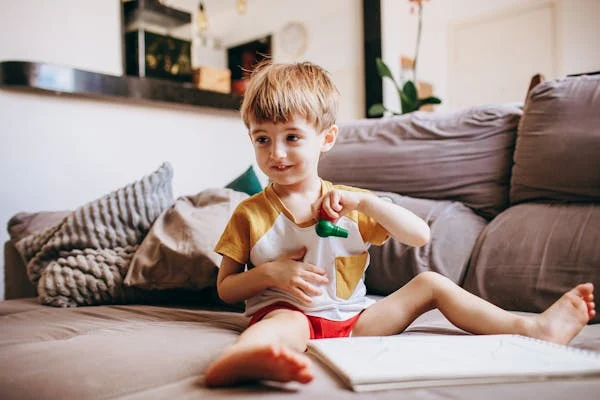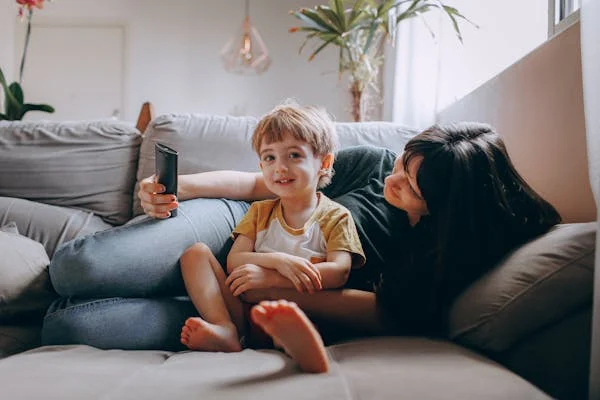Child Parenting: Nurturing the Future with Love
The Best Role of Child Parenting: Nurturing the Future with Love and Guidance
Parenting is one of the most rewarding yet challenging journeys one can undertake. It’s not merely about raising a child but about shaping a future, nurturing potential, and guiding a young mind through life’s ups and downs. In this blog post, we’ll explore the multifaceted role of parenting, offering insights, practical examples, and a touch of personal anecdotes to illustrate how you can make the most of this pivotal role.



Understanding the Role of a Parent
At its core, parenting is about balance—providing love and support while guiding your child through the complexities of life. A parent’s role extends beyond mere caretaking; it’s about shaping a child’s future by fostering their growth, development, and well-being. Understanding this role involves recognizing that parenting is a dynamic process that evolves as your child grows.
Emotional Support
One of the most crucial aspects of parenting is providing emotional support. Children thrive in an environment where they feel secure and loved. For instance, I recall a time when my child was struggling with a school project. By offering a listening ear and gentle encouragement, I saw their confidence blossom, proving that emotional support can truly make a difference.
Role Model
Parents are often a child’s first and most significant role models. Actions speak louder than words, and children tend to emulate the behaviors they observe. Whether it’s handling stress gracefully or demonstrating kindness to others, our actions set a powerful example for our children to follow.



Guidance and Discipline
Effective parenting involves guiding children with a balance of discipline and understanding. Discipline isn’t just about correcting behavior; it’s about teaching responsibility and self-control. For example, when my child forgot their chores, we used it as an opportunity to discuss responsibility rather than simply enforcing a punishment. This approach not only addressed the issue but also fostered a deeper understanding of accountability.
Building Strong Communication
Open and honest communication is the cornerstone of a healthy parent-child relationship. Creating an environment where your child feels comfortable expressing their thoughts and feelings helps build trust and mutual respect. I remember a time when my child was upset about a friend’s behavior. By actively listening and discussing the situation, we were able to navigate the problem together, strengthening our bond in the process.
Encouraging Independence
Encouraging independence is about allowing your child to make decisions and learn from their experiences. It’s important to strike a balance between providing support and letting them face challenges on their own. When my child decided to take on a new hobby, I offered guidance but allowed them to explore it independently, which greatly boosted their self-esteem and sense of accomplishment.



Problem-Solving Skills
Teaching problem-solving skills equips children to handle life’s challenges effectively. In our household, we tackle problems together, brainstorming solutions and evaluating outcomes. For example, when faced with a disagreement, we discuss potential solutions as a family, which helps my child develop critical thinking and decision-making skills.
Interests and Passions
Supporting your child’s interests and passions is crucial for their development and self-esteem. Whether they are interested in sports, arts, or science, encouraging their pursuits shows that you value their individuality. My child’s passion for painting was nurtured by providing them with materials and enrolling them in classes, which not only developed their skills but also enhanced their confidence.
Creating a Supportive Environment
A supportive environment is one where children feel safe, valued, and encouraged. This involves creating a space where they can freely express themselves and pursue their interests. At home, we’ve established a “creativity corner” where my child can engage in various artistic projects, which fosters their creativity and provides a sense of ownership.
- Consistency and Routine: Talk about how having a structured environment helps children feel secure and understand expectations.
- Encouraging Positive Relationships: Stress the importance of fostering healthy relationships with family, friends, and peers.
Balancing Nurturing and Encouragement
- Celebrating Achievements: Emphasize the role of celebrating successes and encouraging effort, which motivates children and builds resilience.
- Constructive Feedback: Explain the importance of providing constructive feedback and helping children learn from their mistakes without discouraging them.



Adapting to Individual Needs
Every child is unique, and effective parenting requires adapting to each child’s individual needs. This means recognizing and respecting their differences and tailoring your approach accordingly. My experience has shown that understanding my child’s unique learning style and emotional needs has significantly enhanced our interactions and their overall development.
Conclusion :-
In conclusion, the best role of child parenting is a blend of emotional support, guidance, and encouragement. It’s about being a role model, fostering independence, and creating an environment where your child can thrive. As you navigate this journey, remember that parenting is not about perfection but about offering love, support, and guidance as your child grows. By embracing this holistic approach, you can help shape a brighter future for your child and build a strong, meaningful relationship with them.

r8hgsn
yvgqc6